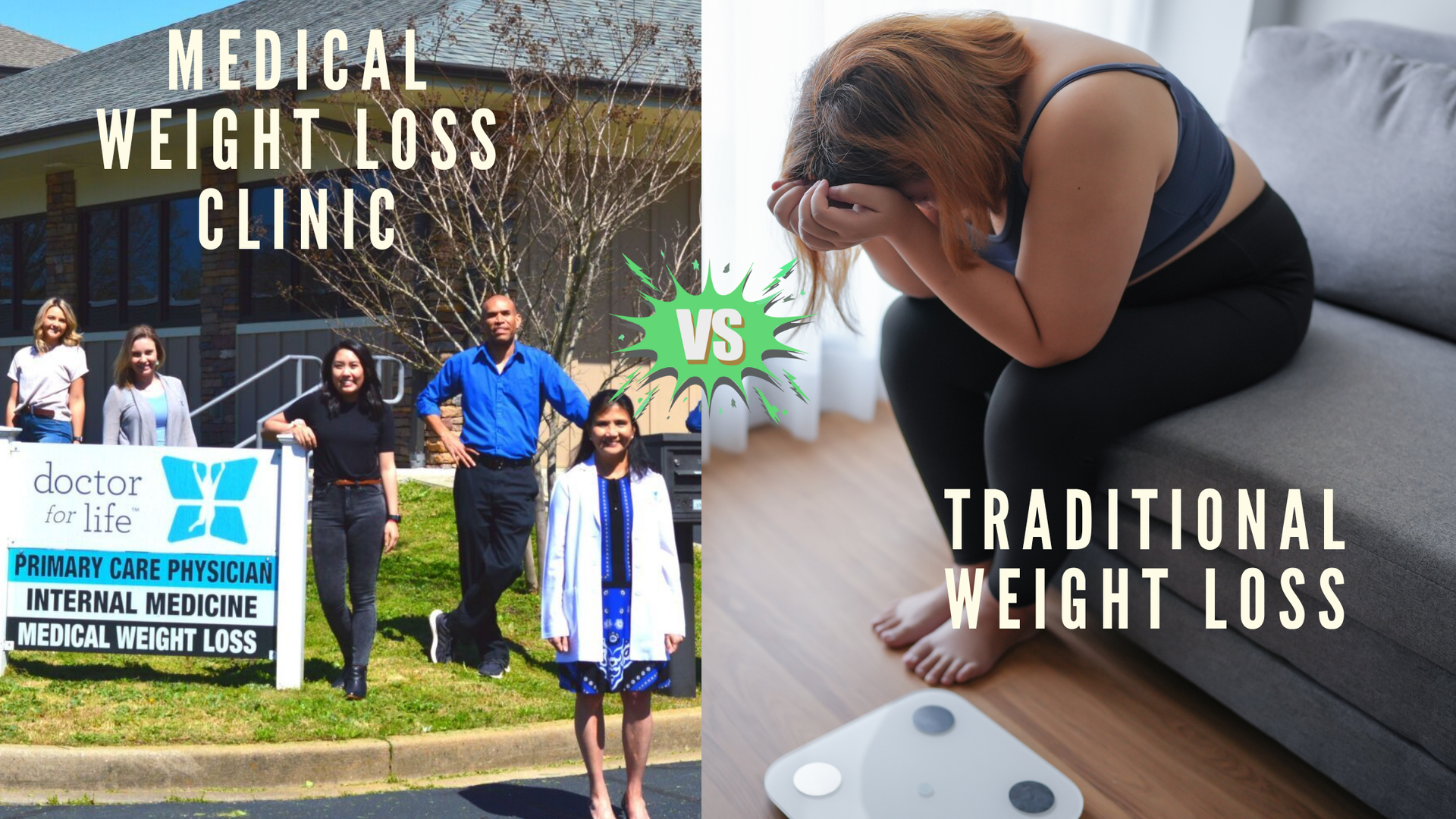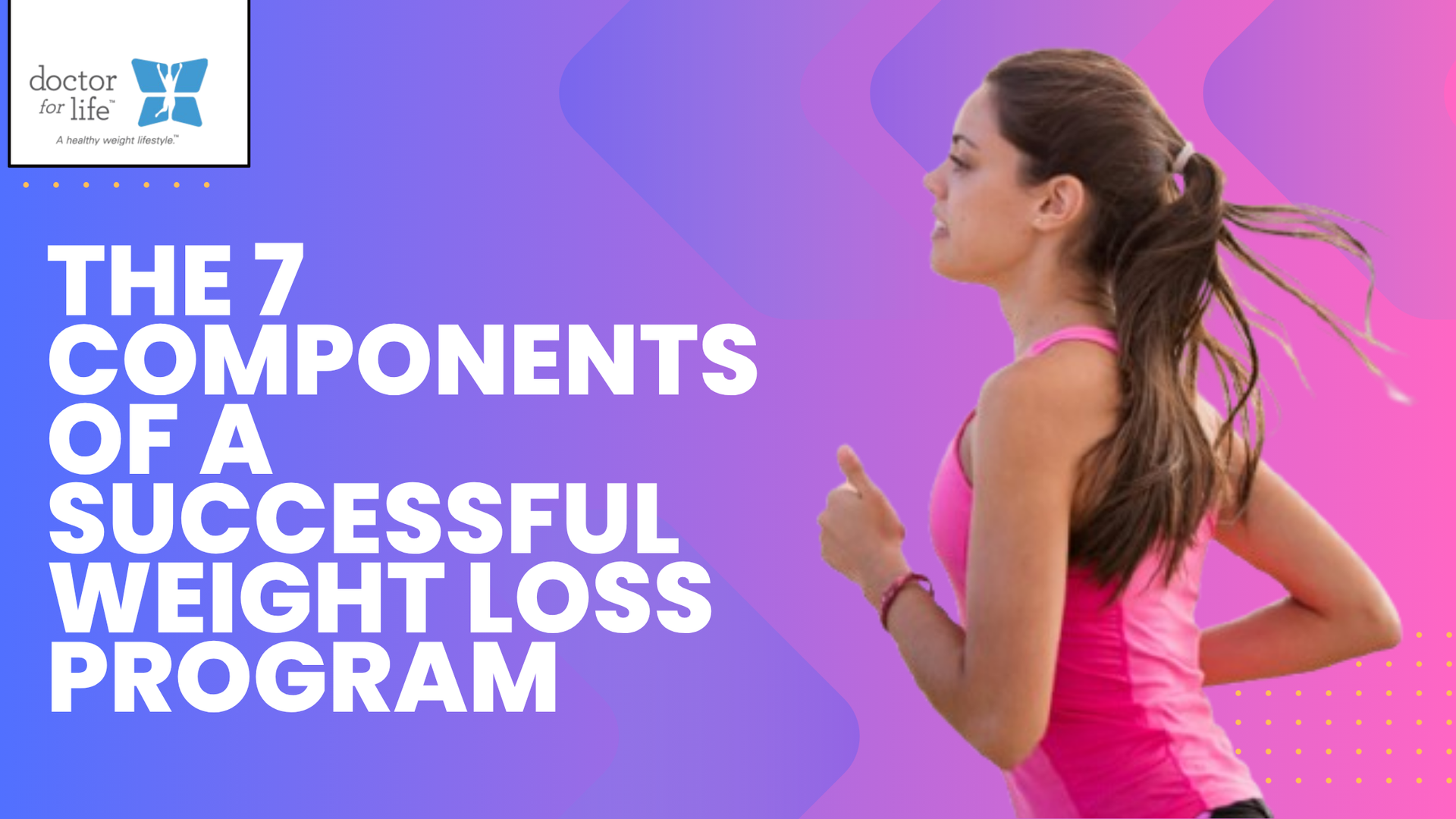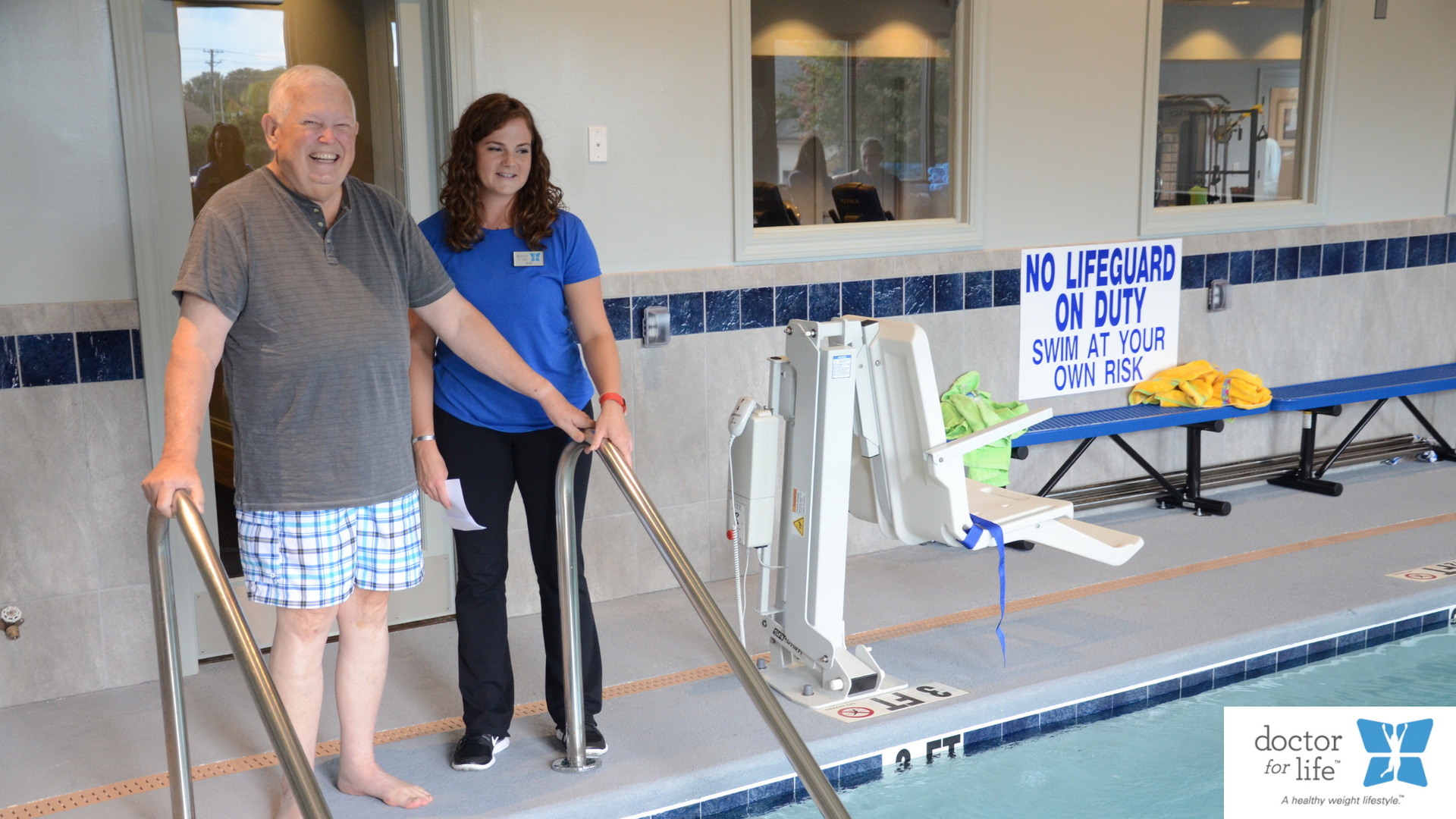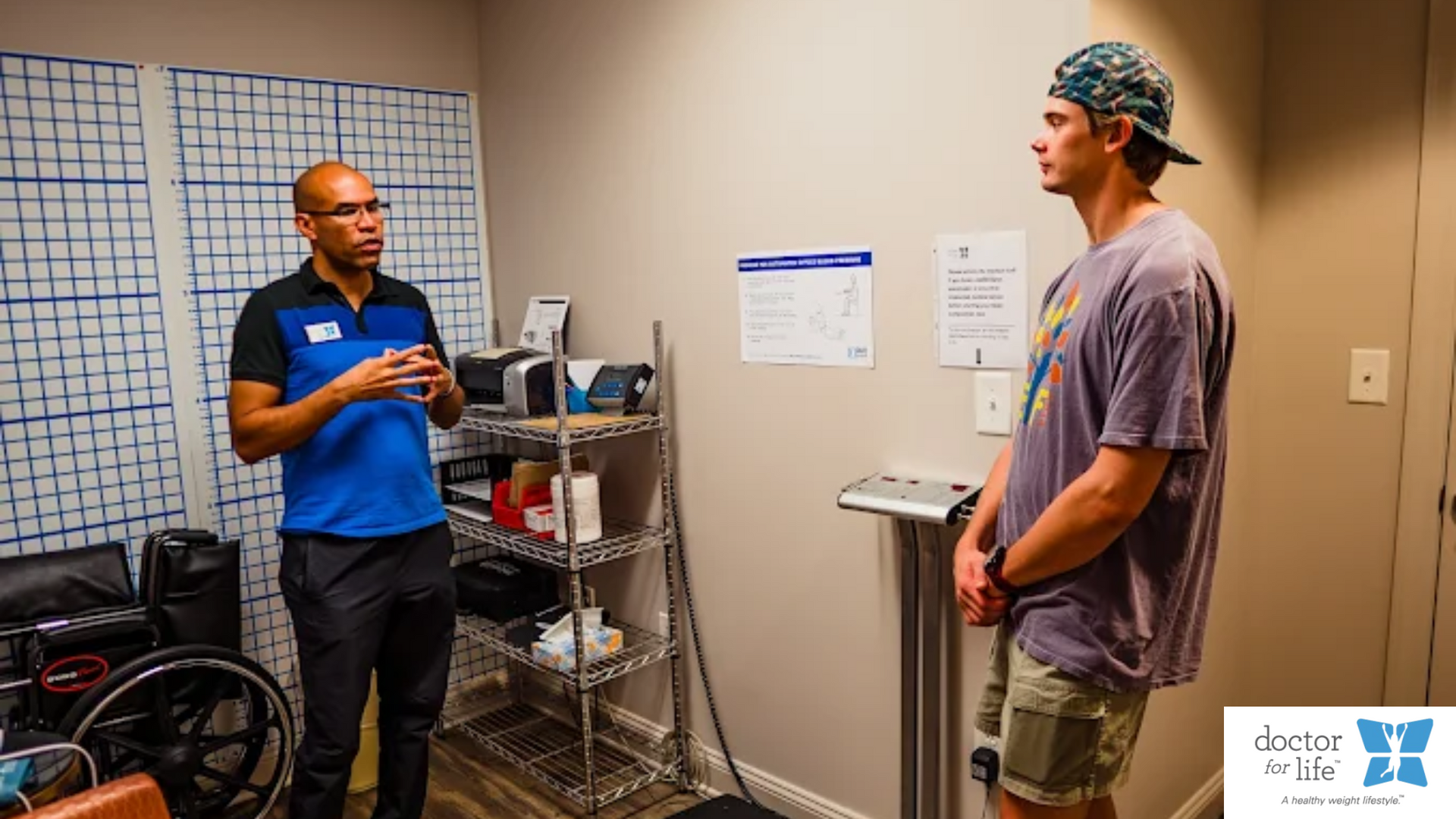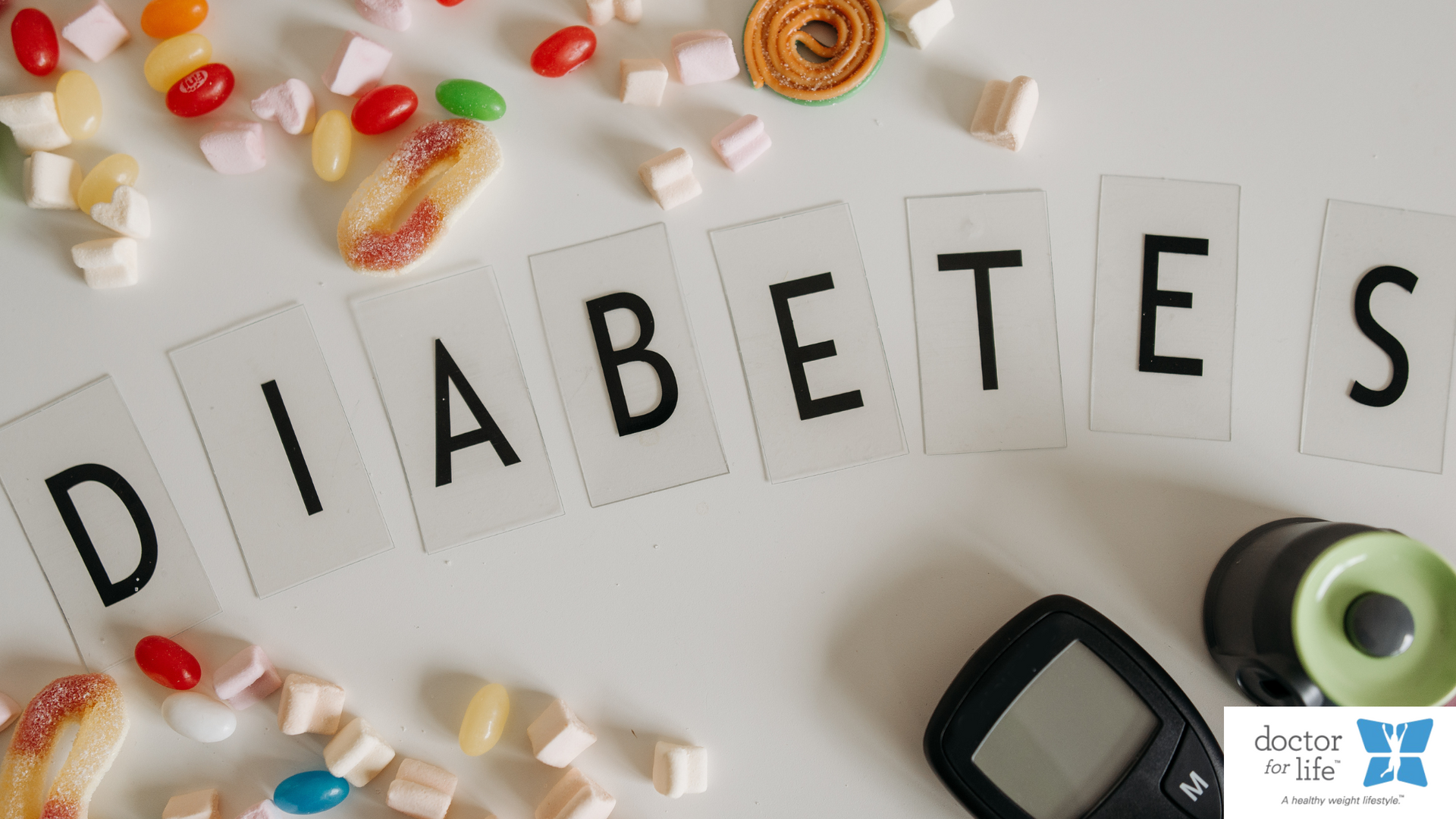Stress can be your Ally in Health
Cheryl Sarmiento, MD • September 18, 2021
“The best way to find yourself is to lose yourself in the service of others” ...

People who experienced a lot of stress in the previous year had a 43 percent increased risk of dying. But that was only true for the people who also believed that stress is harmful for your health. People who experienced a lot of stress but did not view stress as harmful were no more likely to die, they had the lowest risk of dying of anyone in the study, including people who had relatively little stress.
The power of positive thinking
goes beyond helping you lose weight, too. Studies show that negative thinking can depress your immune system and increase stress, which negatively impacts your health and well-being. And being stressed or sick certainly doesn’t make losing weight easier!
Symptoms of stress
can be a good sign...
Your heart might be pounding, you might be breathing faster, your heart rate goes up, and your blood vessels constrict, and you maybe breaking out into a sweat. And normally, we interpret these physical changes as anxiety or signs that we aren't coping very well with the pressure. And this is one of the reasons that chronic stress is sometimes associated with cardiovascular disease. It's not really healthy to be in this state all the time.
But in the study, when participants viewed their stress response as helpful, their blood vessels stayed relaxed. Their heart was still pounding, but this is a much healthier cardiovascular profile. It actually looks a lot like what happens in moments of joy and courage. Over a lifetime of stressful experiences, this one biological change could be the difference between a stress-induced heart attack at age 50 and living well into your 90s. And this is really what the new science of stress reveals, that how you think about stress matters. The next time your heart is pounding from stress, you're going to think to yourself, this is my body helping me rise to this challenge.
If you viewed them instead as signs that your body was energized, it’s preparing you to meet this challenge. Now that is exactly what participants were told in a study conducted at Harvard University. Before they went through the social stress test, they were taught to rethink their stress response as helpful. That pounding heart is preparing you for action. If you're breathing faster, it's no problem. It's getting more oxygen to your brain. And participants who learned to view the stress response as helpful for their performance, well, they were less stressed out, less anxious, more confident, but the most fascinating finding to me was how their physical stress response changed.
Can changing how you think about stress make you healthier?
When you change your mind about stress, you can change your body's response to stress.
For every major stressful life experience, like financial difficulties or family crisis, that increased the risk of dying by 30 percent. But -- that wasn't true for everyone. People who spent time caring for others showed absolutely no stress-related increase in dying. Zero. Caring created resilience...
Chasing meaning is better for your health than trying to avoid discomfort.
One of the most under-appreciated aspects of the stress response, and the idea is this: Stress makes you social.
The Feel Good Stress Hormone
Oxytocin is a stress hormone like Adrenaline. It fine-tunes your brain's social instincts. It primes you to do things that strengthen close relationships. Oxytocin makes you crave physical contact with your friends and family. It enhances your empathy. It even makes you more willing to help and support the people you care about, to become more compassionate and caring.
It also acts on your body, and one of its main roles in your body is to protect your cardiovascular system from the effects of stress. It's a natural anti-inflammatory. It also helps your blood vessels stay relaxed during stress. Your heart has receptors for this hormone, and oxytocin helps heart cells regenerate and heal from any stress-induced damage. This stress hormone strengthens your heart.
And the cool thing is that all of these physical benefits of oxytocin are enhanced by social contact and social support. So when you reach out to others under stress, either to seek support or to help someone else, you release more of this hormone, your stress response becomes healthier, and you actually recover faster from stress. Your stress response has a built-in mechanism for stress resilience, and that mechanism is human connection.
The best way to make decisions, is go after what it is that creates meaning in your life and then trust yourself to handle the stress that follows. The harmful effects of stress on your health are not inevitable. How you think and how you act can transform your experience of stress. When you choose to view your stress response as helpful, you create the biology of courage. And when you choose to connect with others under stress, you can create resilience. Stress gives us access to our hearts. The compassionate heart that finds joy and meaning in connecting with others, and yes, your pounding physical heart, working so hard to give you strength and energy. And when you choose to view stress in this way, you're not just getting better at stress, you're actually making a pretty profound statement. a belief about stress can make so much difference to someone's life expectancy. You can trust yourself to handle life's challenges. And you're remembering that you don't have to face them alone.

